Humans news stories
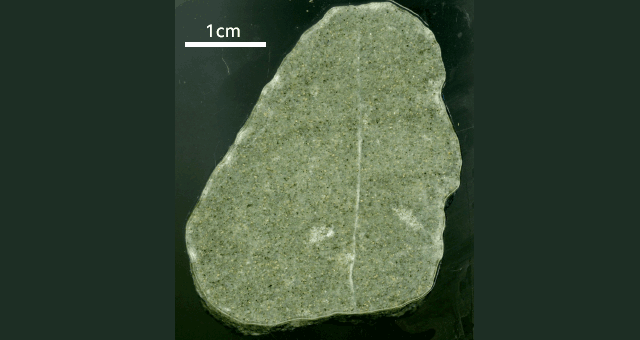
It’s an unassuming rock, greenish in colour, and just over 4cm in its longest dimension. And yet this little piece of sandstone holds important clues to all our futures.
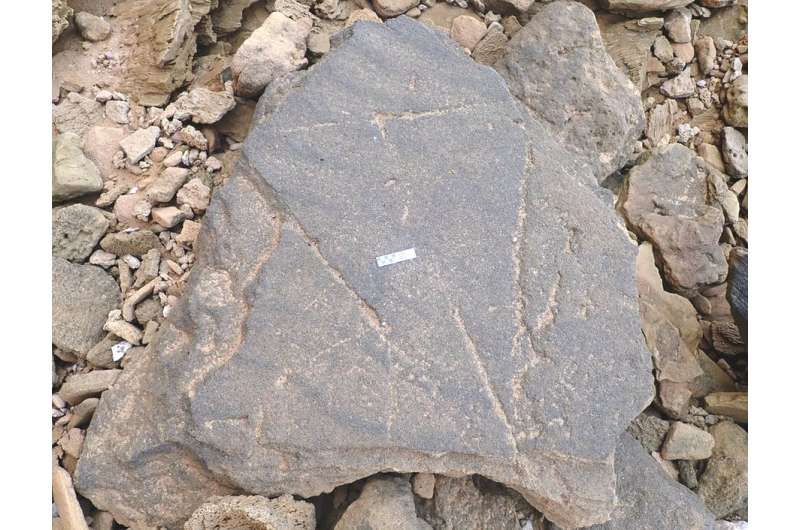
The Pleistocene epoch, which started 2.6 million years ago and lasted until about 11,700 years ago, was crucially important for our hominin ancestors.

In recent months a series of discoveries down shafts in Saqqara, Egypt, has captivated the world of archaeology

Celestial event due to take place shortly before sunset on Tuesday and will be visible until next morning

When Suzanne Simard made her extraordinary discovery – that trees could communicate and cooperate through subterranean networks of fungi – the scientific establishment underreacted.
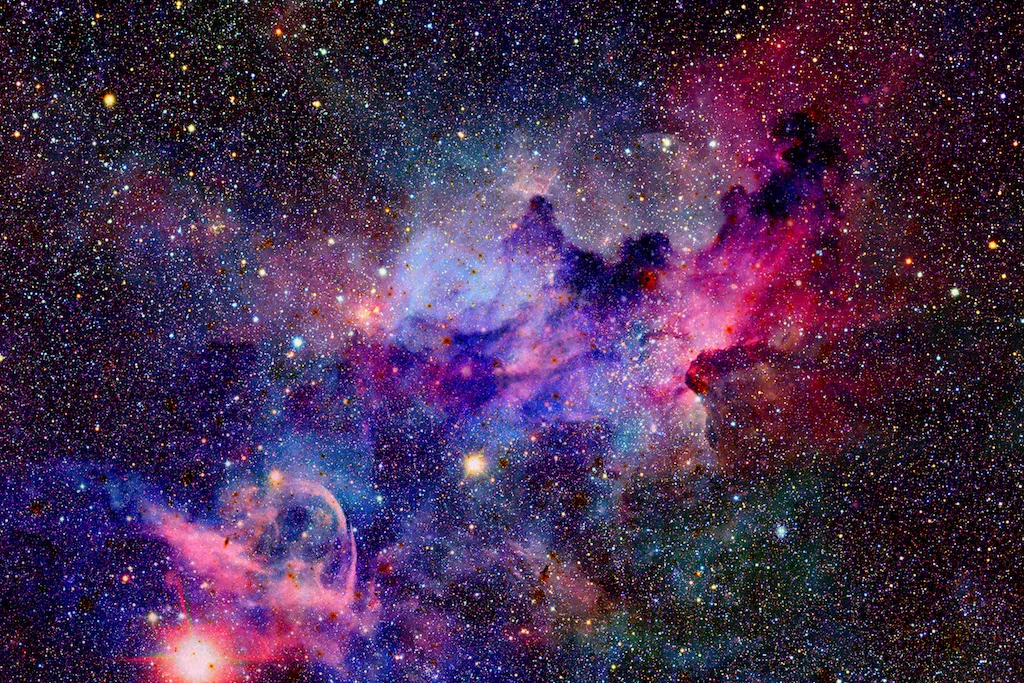
As humans, we know we are conscious because we experience and feel things. Yet scientists and great thinkers are unable to explain what consciousness is and they are equally baffled about where it comes from.
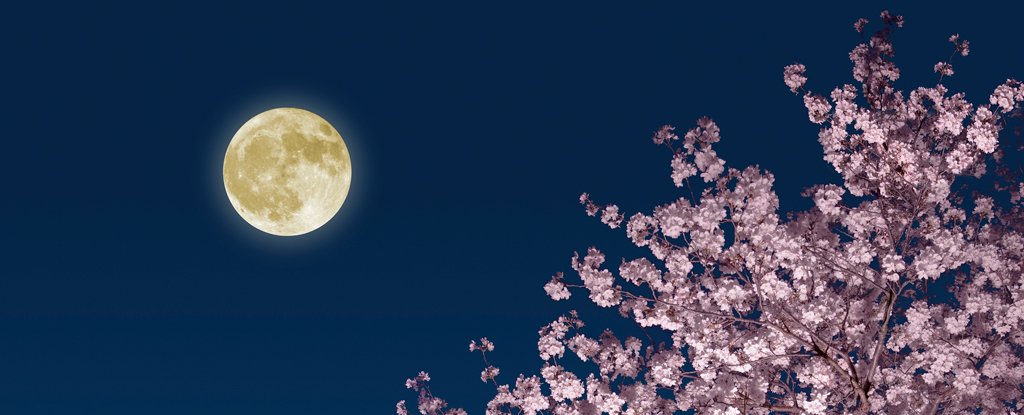
The Pink Moon – the second largest full moon of 2021 – will light up the night sky shortly before midnight on Monday (April 26), according to NASA.
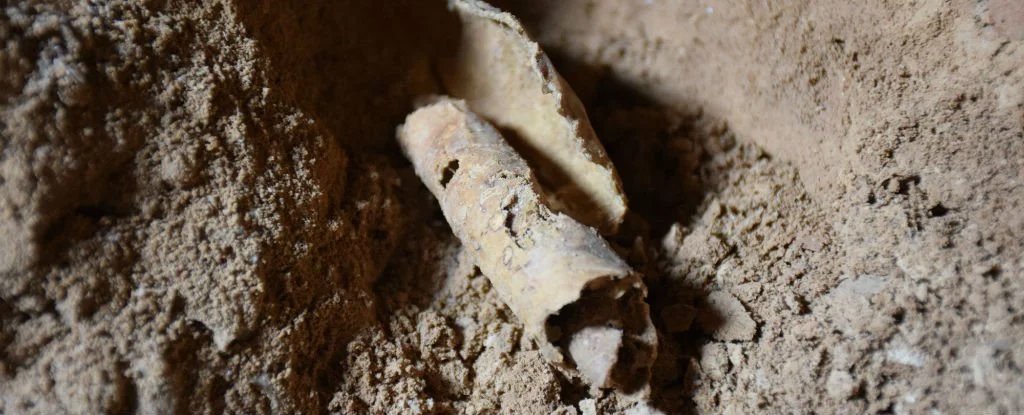
Ever since the Dead Sea Scrolls were accidentally discovered over 70 years ago in a cave in Israel, they have been a source of fascination.

Astronomers have reconstructed the 22m-year-long voyage of an asteroid that hurtled through the solar system and exploded over Botswana, showering meteorites across the Kalahari desert

Portraiture, perspective, impressionism, movement, mythology: cave artists could do the lot. And I have spent the past year on a virtual odyssey of their primordial wonders
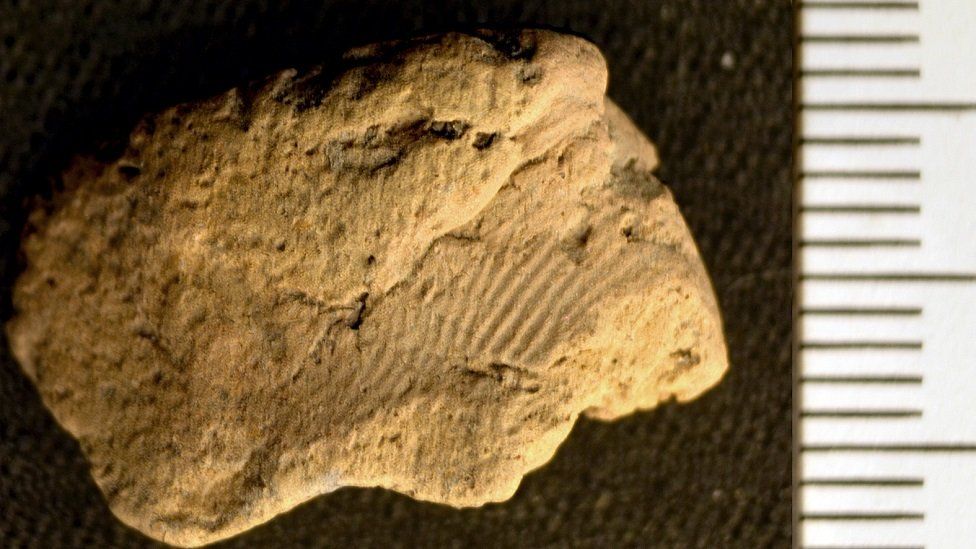
A fingerprint left on a clay vessel made by a potter 5,000 years ago has been found in Orkney.

People under the influence of psilocybin — the active component of magic mushrooms — report having more profound and original thoughts, but tend to score lower on cognitive tests of creative ability, according to new research published in Translational Psychiatry.

Leonie, 44, knew where her depression came from – but that didn’t make it any easier to live with.
Image from: Ralpharama (Wiki Commons)

As early as 12,000 years ago, nearly three-quarters of land on Earth was inhabited and shaped by human societies, suggesting global biodiversity loss in recent years may have been driven primarily by an intensification of land use rather than by the destruction of previously untouched nature.

Psychiatry has long failed to explain depression. Our research into psilocybin suggests a new approach could offer answers

At night, believers would use the reflection from the moon that cascaded atop snow-capped peaks as a guide to make their way up the sacred Colque Punku glacier.
Image from: Hugo Pedel (Wiki Commons)








